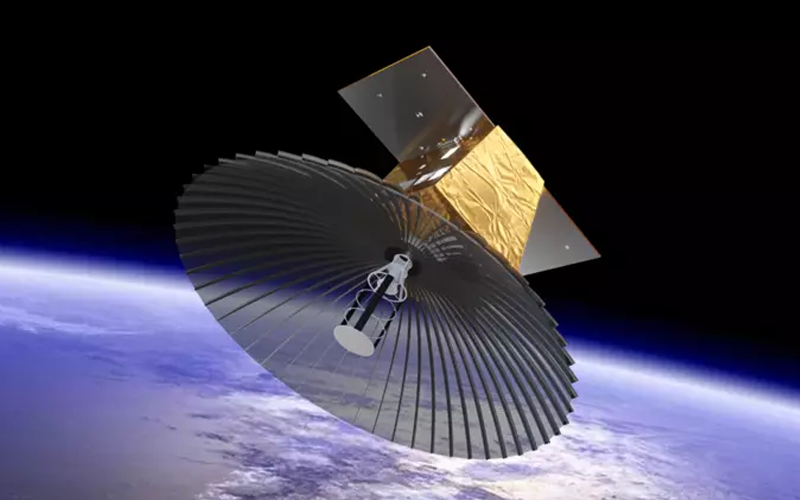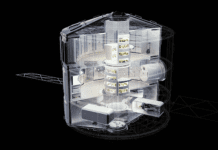
The United Kingdom’s Ministry of Defence has awarded Airbus a £127 million contract to develop two reconnaissance satellites. The two satellites will make up the country’s Oberon Synthetic Aperture Radar (SAR) satellite constellation, which is a small part of the country’s larger ISTARI reconnaissance constellation.
In February 2022, the UK’s Ministry of Defence (MOD) announced the £968 million ISTARI constellation as part of a broader £1.4 billion investment in defence-focused space infrastructure. The constellation of reconnaissance satellites will be used to offer greater global surveillance and intelligence capabilities for the country’s military operations. ISTARI is expected to be fully operational by 2031, which will include the launch of the full constellation of satellites and the completion of supporting ground systems.
On 10 February, the MOD announced that it had awarded the contract to build two 400-kilogram Oberon SAR satellites to Airbus. The satellites will be designed, built, and tested at Airbus’s space facilities in Stevenage and Portsmouth. According to the company, the satellites will each feature active, ultra-high-resolution SAR capable of capturing day-and-night, all-weather, space-based intelligence. The Oberon satellites are expected to be ready for launch in 2027.
Tyche was the first satellite in the ISTARI constellation to be launched. The 160-kilogram satellite was built by Surrey Satellite Technology Ltd (SSTL) under a £22 million contract. According to SSTL, Tyche features a high-resolution optical payload delivering sub-1m GSD (Ground Sampling Distance) imagery, an inter-satellite communication system, and an onboard processing capability.
In November 2024, the UK Ministry of Defence announced the second ISTARI contract award, granting £40 million to SSTL to build the Juno satellite. According to the MOD, Juno will feature advanced imagery sensors, building on the capabilities of Tyche. Juno is expected to be launched in 2027.



